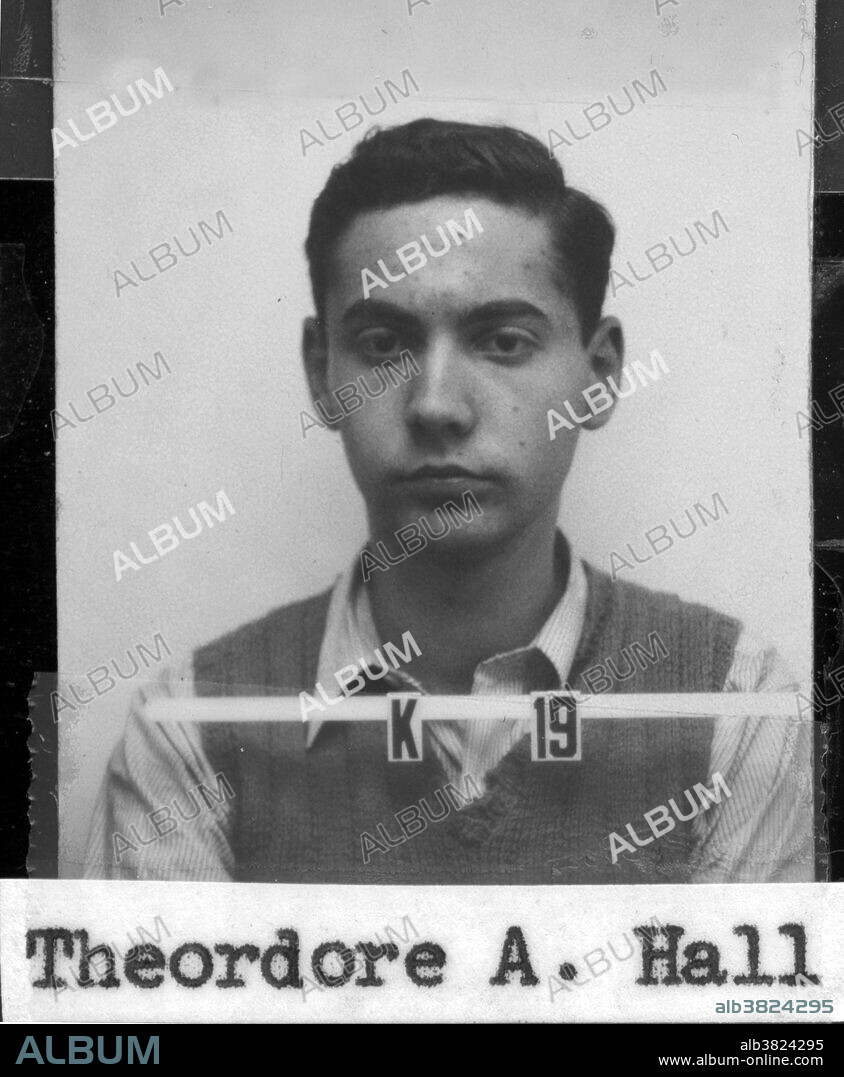alb3824295
Ted Hall, Atomic Spy for Soviet Union

|
Ajouter à une autre Lightbox |
|
Ajouter à une autre Lightbox |



Avez-vous déjà un compte? S'identifier
Vous n'avez pas de compte ? S'inscrire
Acheter cette image.
Sélectionnez l'usage:

Titre:
Ted Hall, Atomic Spy for Soviet Union
Légende:
Voir la traduction automatique
Theodore Alvin Hall (October 20, 1925 - November 1, 1999) was an American physicist and an atomic spy for the Soviet Union, who, during his work on American efforts to develop the first and second atomic bombs during World War II, gave a detailed description of the "Fat Man" plutonium bomb, and of several processes for purifying plutonium, to Soviet intelligence. Until the release of the Venona decrypts in 1980, nearly all of the espionage regarding the Los Alamos nuclear weapons program was attributed to Klaus Fuchs. Hall was questioned by the Federal Bureau of Investigation in March 1951 but wasn't charged. In a written statement published in 1997, Hall came very close to admitting that the accusations against him were true, although obliquely, saying that in the immediate postwar years, he felt strongly that "an American monopoly" on nuclear weapons "was dangerous and should be avoided". He died of renal cancer in 1999 at the age of 74.
Crédit:
Album / Science Source / Los Alamos National Laboratory
Autorisations:
Modèle: Non - Propriété: Non
Questions sur les droits?
Questions sur les droits?
Taille de l'image:
3360 x 4077 px | 39.2 MB
Taille d'impression:
28.4 x 34.5 cm | 11.2 x 13.6 in (300 dpi)
Mots clés:
 Pinterest
Pinterest Twitter
Twitter Facebook
Facebook Copier le lien
Copier le lien Email
Email
